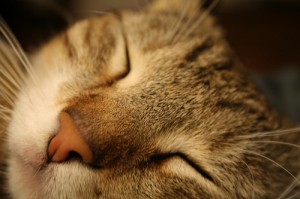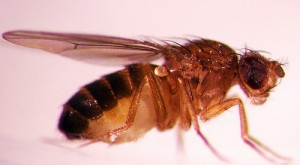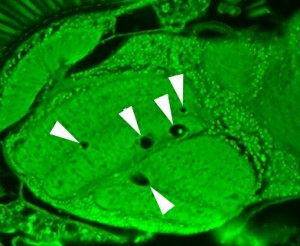Researchers at Oregon State University have managed to show that disruptions to the biological clock can directly lead to neurodegeneration— the progressive loss of nerve cells—and early death. These findings are significant, as they represent a step forward in the extensive study of circadian rhythms, which are the basis of our internal clock.
Circadian rhythms coordinate many of our biological processes, from eating and sleeping to molecular processes such as hormonal secretions. Over millions of years, animals’ internal ‘clocks’ have been fine-tuned to align very closely with the 24-hour periodicity of Earth’s rotation—that is, our biological clocks are synced with the length of the 24-hour day that we know. These internal rhythms are what cause us to eat at regular intervals throughout the day, and what cause us to sleep at night and wake in the morning. In other words, our biological clocks are responsible for our internal synchronization.
Many studies have been conducted on the effect these circadian rhythms have on animal health. Disruptions to the biological clock have previously been linked with neurodegeneration; however, it was not apparent whether these disruptions were the cause or the result of the neurodegeneration. The study at Oregon State University is the first to demonstrate that disruptions to the biological clock are, in fact, a cause of neurodegeneration and early death.
The researchers conducted the study on fruit flies (Drosophila melanogaster), which have been found to share many similarities with humans. The flies used in the study were genetically modified to show signs of neurodegeneration. In order to assess the effect of disruptions to the internal clock, some of these flies were further modified to have interrupted circadian rhythms.
It was found that the flies with disrupted internal clocks had a 32 to 50 percent shorter lifespan than those without the internal disruption. In addition, these flies also exhibited accelerated neurogeneration—as evidenced by signs of holes in the brain—along with decreased climbing ability.
These results clearly show the importance of the biological clock in the maintenance of animal health and functioning. Through this study, a greater understanding of circadian rhythms and their effects on organisms has been achieved.
References:
http://www.sciencedaily.com/releases/2012/01/120110140225.htm




3 responses to “Disrupted Biological Clocks Shown to Cause Neurodegeneration and Early Death”